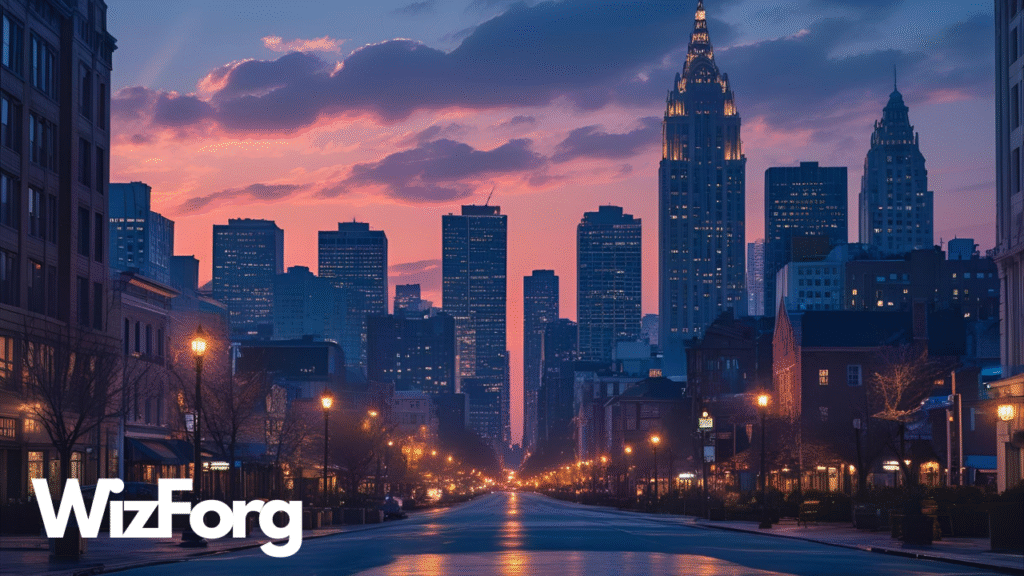In some cities, the night doesn’t just bring darkness—it brings silence. That’s because local laws, often called “quiet hours” or noise ordinances, kick in around 10 PM. Play your music too loud, throw a party, or rev a motorcycle engine past this time, and you could face a warning, a fine, or even a visit from the police.
So why do these quiet laws exist? And what makes 10 PM the magic number?
The Purpose Behind Quiet Hours
Quiet laws aren’t about killing fun. They’re about preserving peace in densely populated areas. Whether you’re living in a high-rise apartment in Tokyo or a suburban neighborhood in Berlin, one person’s party can be another person’s nightmare.
Cities that implement quiet hours do so to:
- Protect public health and sleep
- Reduce disputes between neighbors
- Maintain public order in residential zones
- Comply with noise pollution regulations
Sleep deprivation is linked to a range of health issues—from heart disease to depression—and noise at night is a major cause.
Why 10 PM?
While the specific time can vary, 10 PM is a common cutoff because it’s the traditional transition from daytime activity to nighttime rest. It aligns with:
- The end of most business hours
- School and work schedules
- Lower ambient noise in the environment
In many European and Asian cities, this time is deeply rooted in cultural norms that emphasize respect for others. In the U.S., it’s often the baseline for local noise ordinances unless otherwise posted.
What Counts as a Violation?
Violating a quiet law doesn’t always require a rager. Depending on the city, these actions could get you in trouble after 10 PM:
- Playing loud music or instruments
- Running construction equipment or power tools
- Yelling or fighting in the street
- Letting dogs bark continuously
- Hosting outdoor parties with amplified sound
Some cities even set decibel limits—a measurement of sound intensity. Exceeding those levels after the cutoff time may result in enforcement.
Cultural Examples
- Germany is known for its strict quiet hours, not just overnight, but also during midday. Mowing your lawn during Sunday rest hours? That’s a no-go.
- Japan relies more on social pressure than laws, but neighbors won’t hesitate to report you for disturbing the peace.
- Switzerland enforces building-wide rules in apartment blocks where flushing toilets or taking showers at night can draw complaints.
- New York City has a noise code enforced by the Department of Environmental Protection, with escalating fines for repeat offenders.
Who Enforces It?
Quiet laws are typically enforced by:
- Local police departments
- Community officers
- Building management or neighborhood associations
Penalties range from a warning for first-time violators to hefty fines or legal action for repeated noise offenses.
When Quiet Laws Get Controversial
While most people appreciate quiet laws, they’re not without controversy:
- Musicians and artists sometimes clash with these laws, particularly in cities renowned for their vibrant nightlife.
- Tourists unaware of local ordinances can face fines or eviction from vacation rentals.
- Tenants vs. landlords: In shared spaces, enforcement can feel uneven or unfair.
And in places with gentrification, some argue that noise laws are used to police culture and restrict nightlife in favor of wealthier, quieter newcomers.
Final Thoughts
Quiet laws reflect a simple idea: your right to make noise ends where someone else’s right to rest begins. Whether you’re a local or a visitor, respecting these rules isn’t just about avoiding fines—it’s about being a good neighbor in a shared cityscape.
Curious how local laws shape travel, behavior, and culture?
Visit Wizforg.com for more insights, and subscribe to our YouTube channel for stories that dive deeper into the unseen rules of the world.



